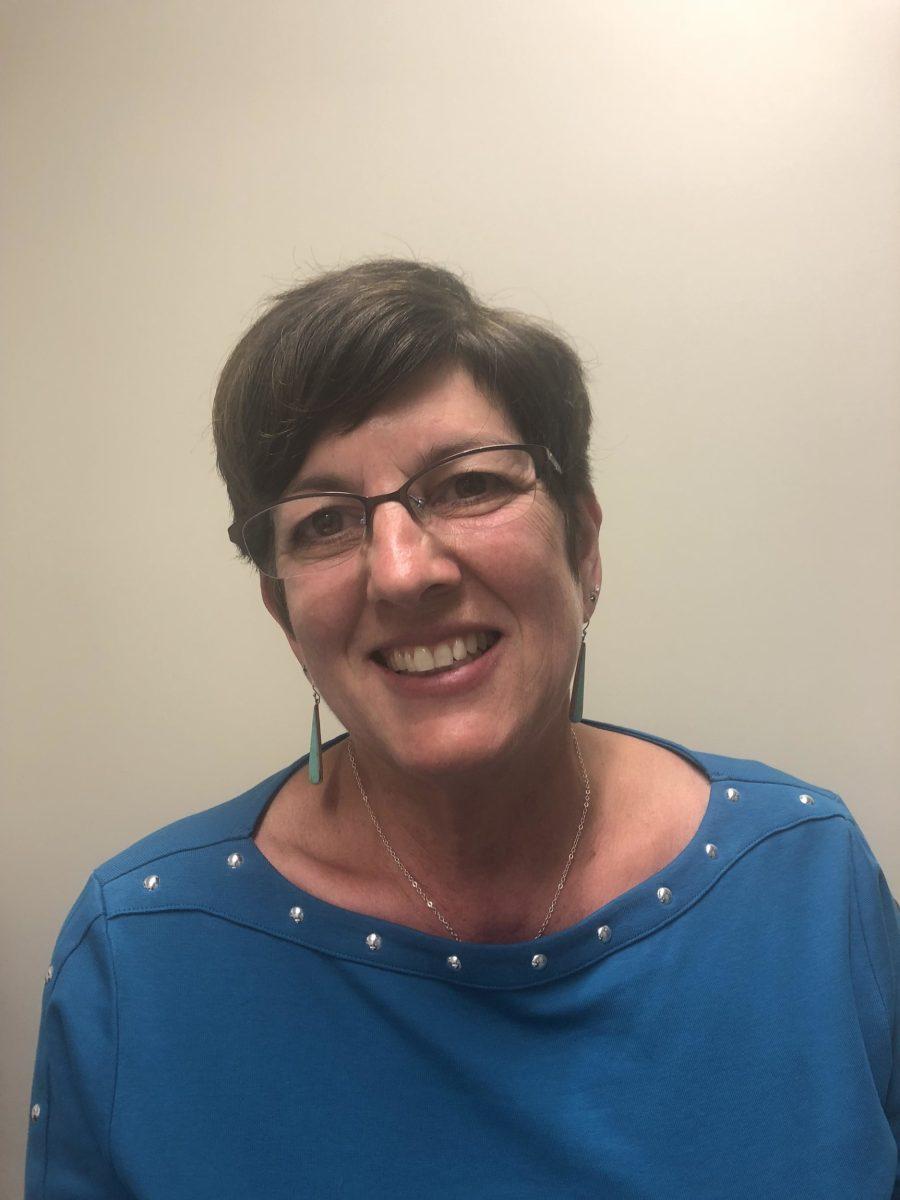Since April, Sonoma State Victim’s Advocate, Susan Polido, has been operating from the student affairs office on the third floor of the student center. Polido’s difficult work can be described, part, by her official title: Confidential Sexual Violence Victim’s Advocate. As for the students who’ve experienced her current office situation, it’s safe to say that they understand it’s shortcomings in providing a confidential space. Many students have found that Polido’s office doesn’t allow for the confidentiality required for the position.
By nature, all of what Polido is working to achieve is greatly influenced by the space that she is given to exist and conduct work in. Unfortunately, her current space does not adequately serve the needs of her students, as it is not very private.
This is all about to change; within the next two weeks, Polido will be given a comfortable new office space in the Beaujolais community. The positive impact that her new office in Classico 117 and it’s accessibility will have on Sonoma State students is expected to increase.
At Thursday’s Academic Senate meeting, Polido went into even more detail regarding her position. For victims of sexual assault, sexual harassment, stalking, abusive relationships, and more, Polido said, “I provide individualized, compassionate support…and I do this all in a non-judgmental space.”
Polido specified that she isn’t employed under Sonoma State’s Title IX services. Rather, she states, her services are more open ended, and mostly fall underneath the umbrella of health and wellness. Title IX services generally deal with official proceedings and internal investigations regarding reported sexual assaults.
Thanks to Executive Order 1097, Polido is permitted to communicate with and work alongside Police Services, Title IX, Residential Life and victims’ professors without even having to disclose personal or specific information.
Fostering a healthy social environment and eliminating sexual assault are goals that fall under both Title IX and Polido’s agendas. Ultimately, their mutual intentions are to educate and cooperate with students to empower them to reach a place of healing.
However, it’s a bit more complicated than that. The tricky part is that all Sonoma State and Title IX staff are mandated to report and investigate every sexual assault that they have knowledge of — this includes professors, administrators, RAs, peer mentors, and student employees. While this procedure is put in place to protect our community and the well being of students, the fact of the matter is that students don’t have a choice in reporting their trauma when they speak to mandated reporters.
Unlike every other Sonoma State staff member Polido is not a mandated reporter. What this means is that when students confide their personal, traumatic experiences with Polido, she doesn’t have to open an investigation or file a report to Police Services and Title IX. This is all intended to return the deserved power of decision-making to the student-victims.
Polido, of course, encourages everyone to report. In fact, according to her, every time she reaches out to students she highlights the importance of gathering evidence and building a case. In reality, she also understands not all students have interest in doing so. By providing students with accurate information regarding their options, a non-judgmental, safe space to process their experience, and a chance to simply talk about what happened, Polido helps students in their path to recovery.
Polido stresses the fact that she is not a therapist. From 8 a.m. to 5 p.m., and oftentimes between these hours, Polido dedicates herself to assisting survivors by other means: through education, collaboration and confidential listening.
According to information found on Sonoma State’s Counseling and Psychological Services Polido is experienced in providing assistance to victims regardless of their age, sex, socioeconomic status, gender, ability or sexual orientation. In addition, she also has years of experience and training in crisis management and health education.
Polido is certified to empower victims through accompanying them to emergency room visits, forensic testing, medical appointments, police meetings and legal questionings. “Basically, I accompany the victim along the healing journey in whatever capacity they’d like,” she said.
On her opinion of Polido, peer mentor and second year communications major Yulianna Cisneros said, “I’m Susan Polido’s biggest fan. I think she’s amazing and a great resource for students on campus.”



































